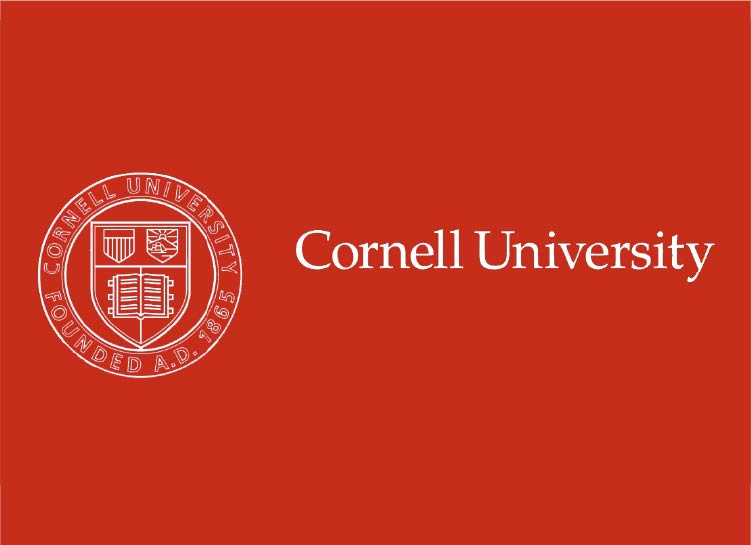From the moment the first COVID-19 vaccines are rolled out, there will need to be a large fraction of the global population ready in line. It is therefore crucial to start managing the growing global hesitancy to any such COVID-19 vaccine. The current approach of trying to convince the "no"s cannot work quickly enough, nor can the current policy of trying to find, remove and/or rebut all the individual pieces of COVID and vaccine misinformation. Instead, we show how this can be done in a simpler way by moving away from chasing misinformation content and focusing instead on managing the "yes--no--not-sure" hesitancy ecosystem.
Only 42 percent of Americans in the September YouGov poll1 said "yes" to receiving a future COVID vaccine, down from May across all political sides. That means that even in a best-case scenario where a future high performing vaccine is 80% effective in an individual, it would only impact 42x80=34% of the population which is way below predicted thresholds for herd immunity. Worse, current narratives within online social media communities and media interviews2 suggest that many of these "yes" respondents would say "no" to being first in line.


